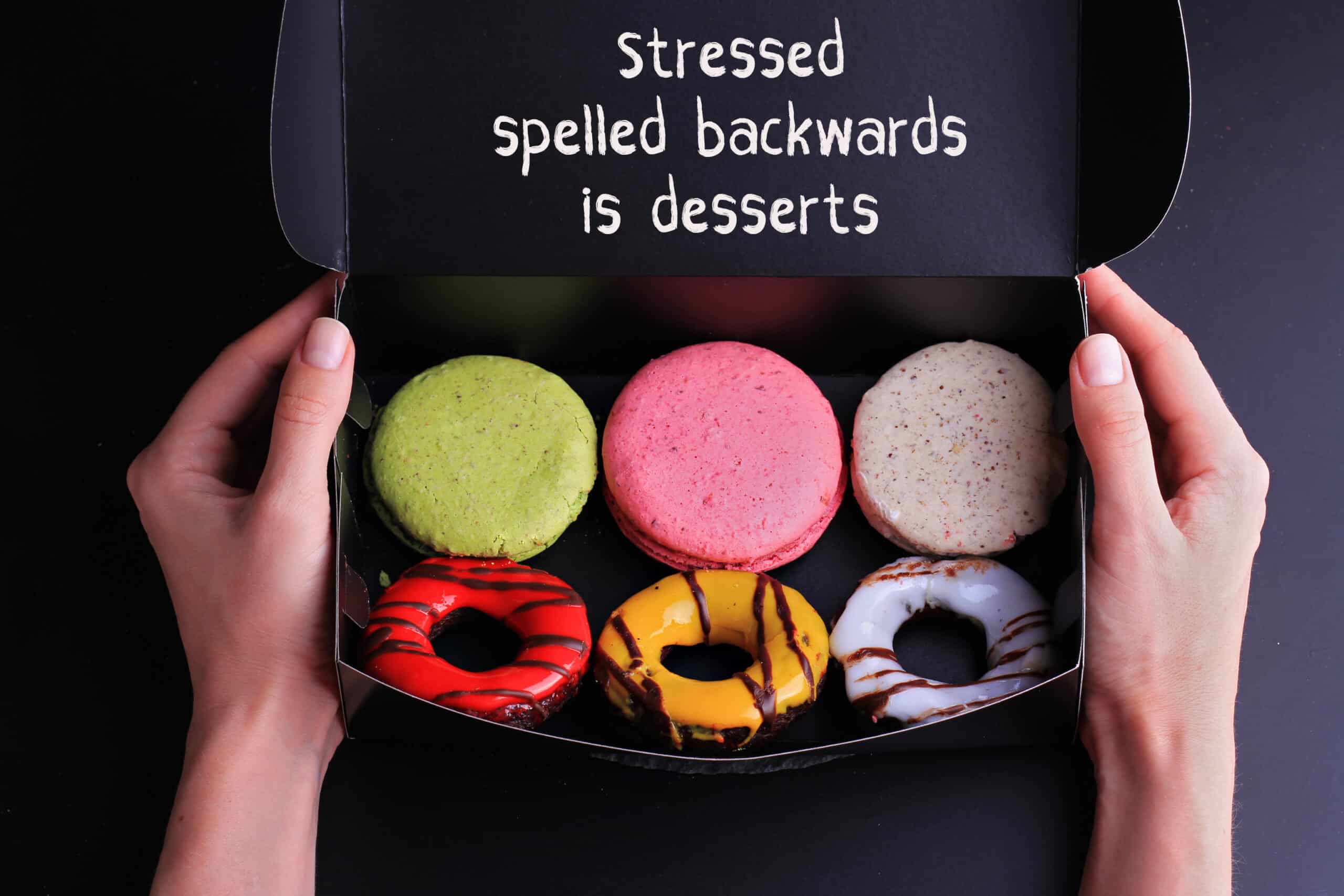“We took a group of young healthy adults and gave them two butter croissants for breakfast. We then asked them to do mental maths, increasing in speed for eight minutes, alerting them when they got an answer wrong. They could also see themselves on a screen whilst they did the exercise. The experiment was designed to simulate everyday stress that we might have to deal with at work or at home,” said Rosalind Baynham, a PhD researcher at the University of Birmingham and first author.
“When we get stressed, different things happen in the body, our heart rate and blood pressure go up, our blood vessels dilate and blood flow to the brain increases. We also know that the elasticity of our blood vessels – which is a measure of vascular function – declines following mental stress. We found that consuming fatty foods when mentally stressed reduced vascular function by 1.74% (as measured by Brachial Flow-mediated dilatation, FMD). Previous studies have shown that a 1% reduction in vascular function leads to a 13% increase in cardiovascular disease risk. Importantly we show that this impairment in vascular function persisted for even longer when our participants had eaten the croissants,” explained Baynham.
The researchers were able to detect reduced arterial elasticity in the participants up to 90 minutes after the stressful event concluded. Eating high-fat foods was also found to have attenuated cerebral oxygenation in the prefrontal cortex, with 39% reduced oxygenated hemoglobin (oxygen delivery) during stress compared to those who eat a low fat meal. Additionally, the fat consumption had a negative effect on mood during and after the stress episode.
“We looked at healthy 18–30-year-olds for this study, and to see such a significant difference in how their bodies recover from stress when they eat fatty foods is staggering. For people who already have an increased risk of cardiovascular disease, the impacts could be even more serious. We all deal with stress all the time, but especially for those of us in high-stress jobs and at risk of cardiovascular disease, these findings should be taken seriously. This research can help us make decisions that reduce risks rather than make them worse,” said Jet Veldhuijzen van Zanten, Professor of Biological Psychology at the University of Birmingham.
Other research from the University of Birmingham team has demonstrated that consuming healthier foods, particularly those rich in polyphenols like berries, grapes, apples, cocoa, and other fruits and vegetables helps to prevent this impairment in vascular function.
“The impact of these foods during stressful periods cannot be understated. For example, reduced oxygenation to the brain could potentially impact mood and mental health, making people even more stressed. On the other hand, it could affect cognitive function and people’s ability to perform the very task they are stressing about, such as an interview, an exam or work meeting. This is something we would like to do more research into in the future,” said Dr Catarina Rendeiro, Assistant Professor in Nutritional Sciences at the University of Birmingham.
“Our studies show that food choices around stressful episodes can exacerbate or protect from the effects of stress on our cardiovascular system. The good news is that this means we can do something about this. We know that when people are stressed, they tend to gravitate towards higher-fat foods, either because it is the more convenient option if time is in short supply, or as a treat to deal with the stress. But by doing this, they are making their physical and psychological response to stress worse. By picking low-fat foods, they could be positioning themselves to cope with the stress more effectively,” said Rendeiro.
“The world is an incredibly stressful place right now, and even without outside factors such as war or a cost-of-living crisis, stress is something we all need to deal with. So, next time you are in a big meeting, or taking part in a job interview maybe try and resist the free biscuits and go for some berries instead. You might find you feel more relaxed and can cope with the stress just a little bit better,” concluded Baynham.




